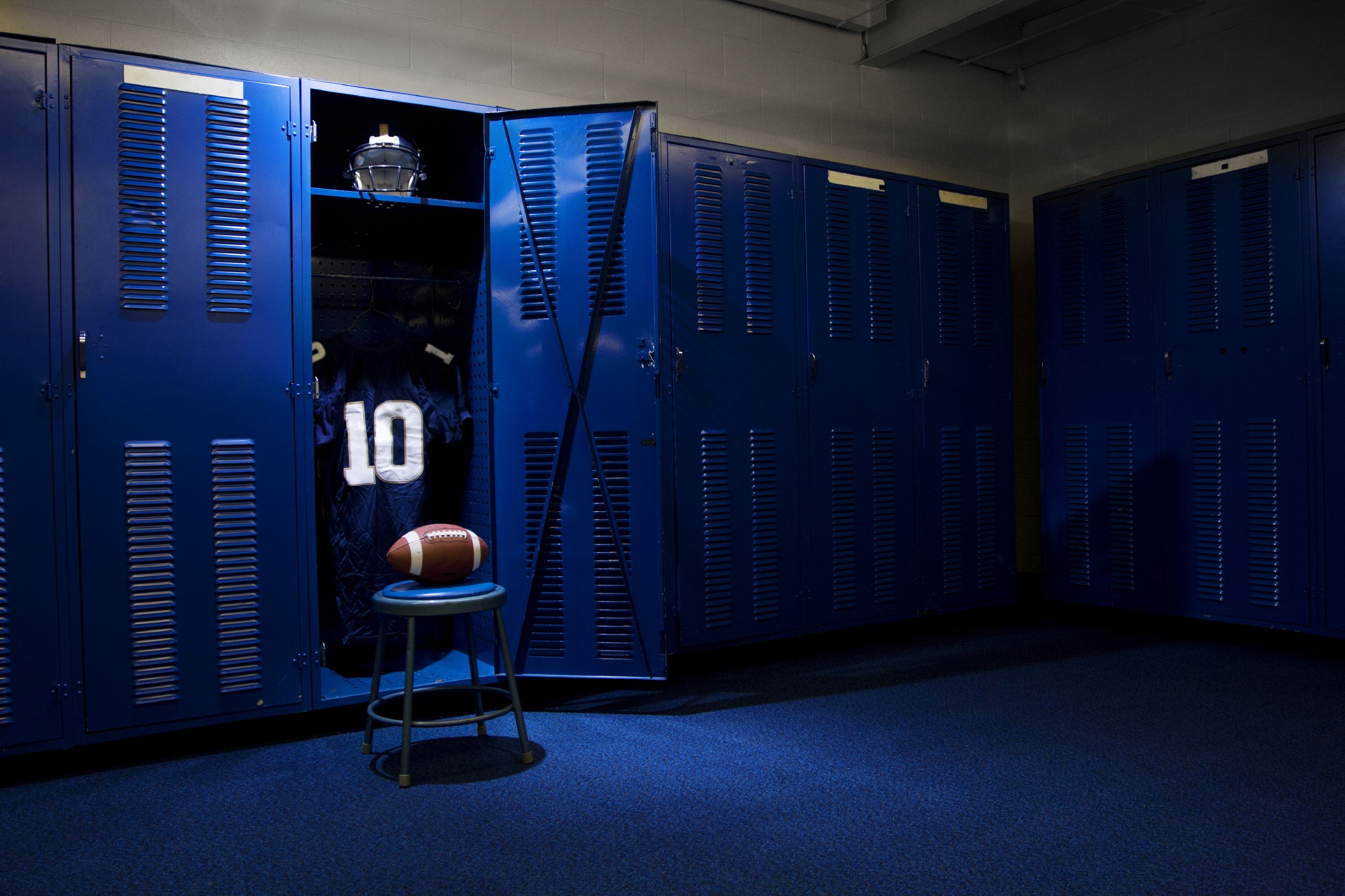As previously published on huffingtonpost.com
Trigger Warning: Please know some of the content in this article discusses sexual assault.
If a newspaper in New Jersey reported that a cheerleader for the high school football team had been brought in the boys’ locker room, pinned down, and then lifted up by several males so the males could sexually assault her, what would be the expected reaction by parents in the community? What would be the national reaction?
What if this case was not isolated and we found out that multiple cheerleaders had been sexually assaulted in the same way? What if we discovered other team members stood by and did nothing to help stop the crimes against the cheerleaders?
It’s probably safe to assume that no one would call this hazing. Instead, you would read descriptions of this attack being properly referred to as sexual assault. You would see national media leading with the horror of this story, especially concerning the failure of the larger group to stop the horrible acts from happening.
But when an extremely similar crime actually happened to male teammates recently in Sayreville, New Jersey, many people did refer to this criminal act as a “hazing incident,” according to news sources such as CNN, ABC News, and the Washington Post.
While this case did involve hazing, the more heinous crime here was sexual assaults that were allegedly perpetrated by older male teammates on younger ones. It is unfortunate that the gender of the survivor seems to diminish how seriously we as a country take the violations that occurred.
Thankfully, the criminal justice system is taking this case seriously. Seven members of the Sayreville, New Jersey, War Memorial High School football team are being charged with multiple counts of aggravated sexual assault on younger players on their team, according to ABC News. Reports also state that four younger team members were held down one by one and sexually assaulted by older teammates. What’s more, this was not a one-time incident. The allegations happened on four different occasions.
After learning of the allegations, the school board superintendent, Richard Labbe, cancelled the homecoming game and then upon learning that further reports of bullying and physical intimidation with sexual overtones were reported to the police and Middlesex County Prosecutor’s Office, cancelled the rest of the season for Sayerville War Memorial High School, even in the face of outraged parents — as reported by USA Today and CNN.
And this week the Asbury Park Press reported that the Sayreville Board of Education voted to “affirm the suspensions of embattled head football coach George Najjar and four assistants.” The suspensions were effective on October 16.
Since CNN reported the alleged incidents occurred in the school locker room where, after practice, underclassmen would hurry in and out so as not to be caught by the group of seven upperclassmen and assaulted, why didn’t a coach or another team member step up to stop the sexual assaults? Why was this allowed to happen four times?
In education, stepping in to protect another is called bystander intervention. Understanding the importance of bystander intervention and how to make a positive impact using it is a skill set that is needed in every school. These alleged incidents are proof that a conversation and education about bystander intervention is needed in every school and every home in our country.
Why didn’t someone stop this from happening sooner? In this case, there were several opportunities for bystander intervention to have occurred.
- As soon as a single person said, “Hey, lets pin someone down and put our finger up his….,” a teammate could have said, “That would be sexual assault. I know you do not consider yourself someone who would commit assault and neither am I. That is not how we lead on this team.”
- As soon as the lights went out the first time and the incident began to occur, another teammate could have turned on the lights and yelled “STOP!” to protect their person being victimized.
- For those fearing retribution, they could have asked to talk with the coach in a confidential setting where no one would know and then share what was going on (how much the coaches knew is not fully understood). Players could have asked their parents for help on how to stop this from happening. They could have anonymously called the authorities and reported the crime.
If we value students making the right choices to protect each other and to value the boundaries of every human being, we need to give students the training and skill sets to step in during moments when it could be difficult.
What stopped these assaults was the courage of one or two students who finally came forward. Labbe said in an interview with ABC News, “There was one or two courageous kids that stepped up and did the right thing and prevented one less child from being harassed, intimidated and bullied. And to me, those are the true heroes of this. And we need more heroes like this.”
The responsibility to report such events falls on each of us, even when it is not popular to do so. The brave students who spoke up have our thanks, and the thanks of every survivor. If more students had intervened sooner, fewer survivors would have been sexually assaulted.

